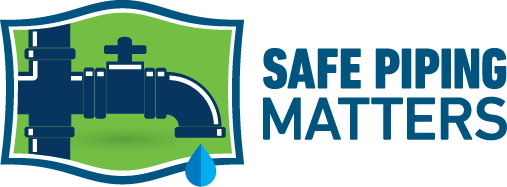Chemical Leaching from Plastic Pipes
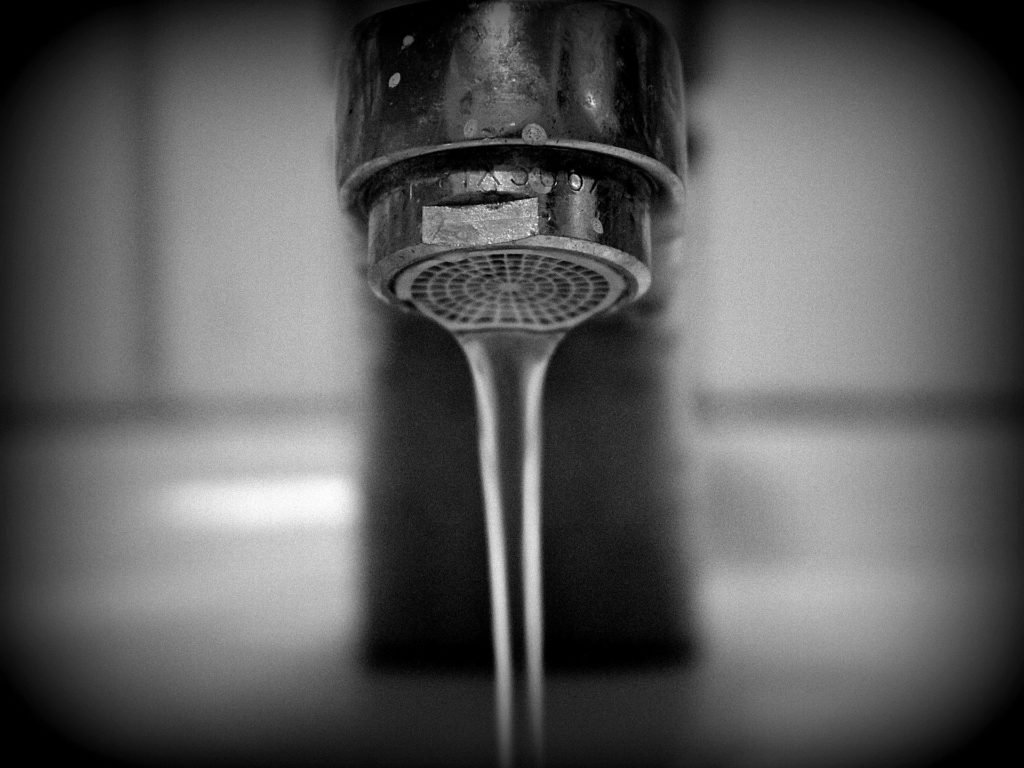
Andrew Whelton’s latest study confirms that plastic drinking water pipes release benzene and other volatile organic compounds (VOCs) into the water supply when exposed to extreme heat.
WILDFIRES: After the blazes: poisoned water and a ‘flood on steroids’
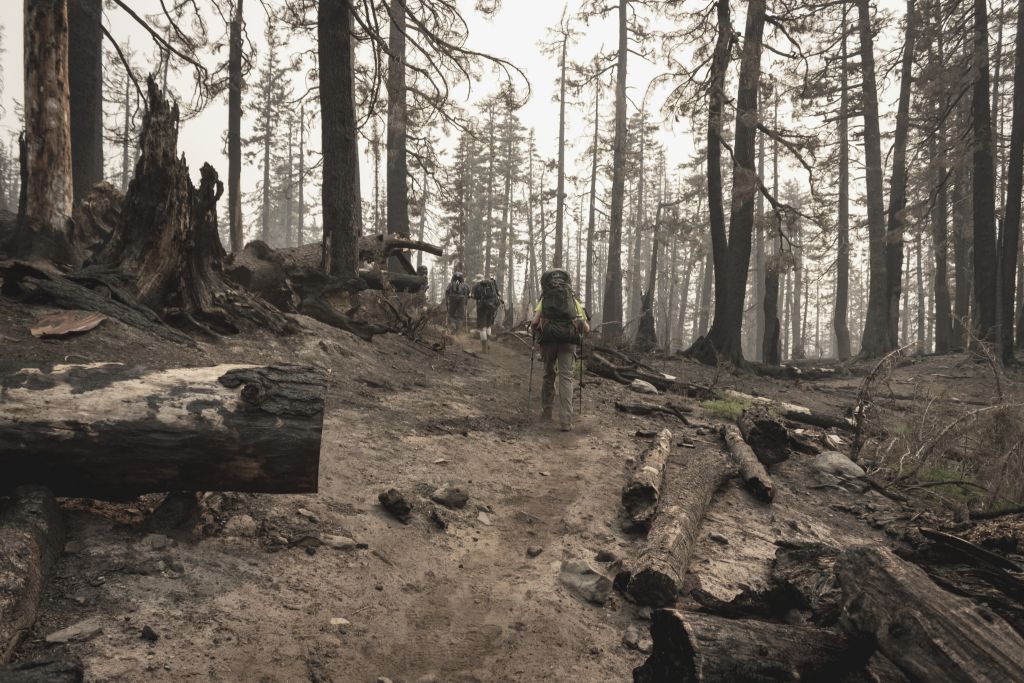
Historic wildfires raging from California to Colorado are weakening watersheds and setting the stage for deadly mudslides and flooding and, in some places, threatening to poison critical water supplies
AWWA Study: Wildfire caused widespread drinking water distribution network contamination
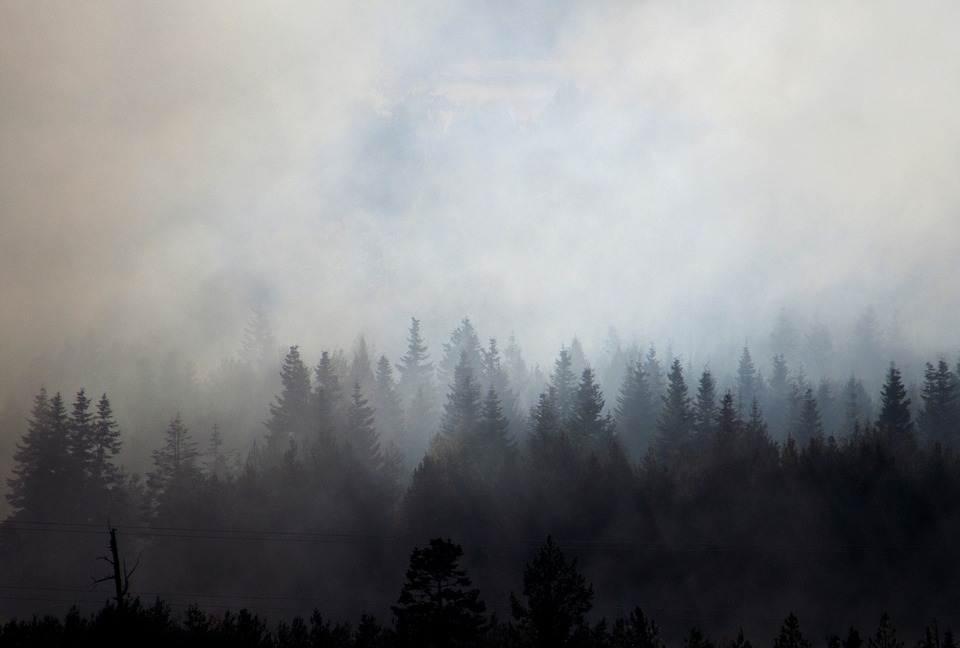
This work outlines factors that influence wildfire-induced drinking water quality threats based on the findings from the Tubbs Fire (2017) and Camp Fire (2018) and explores scientific and policy issues.
Wildfires Threaten to Contaminate Water
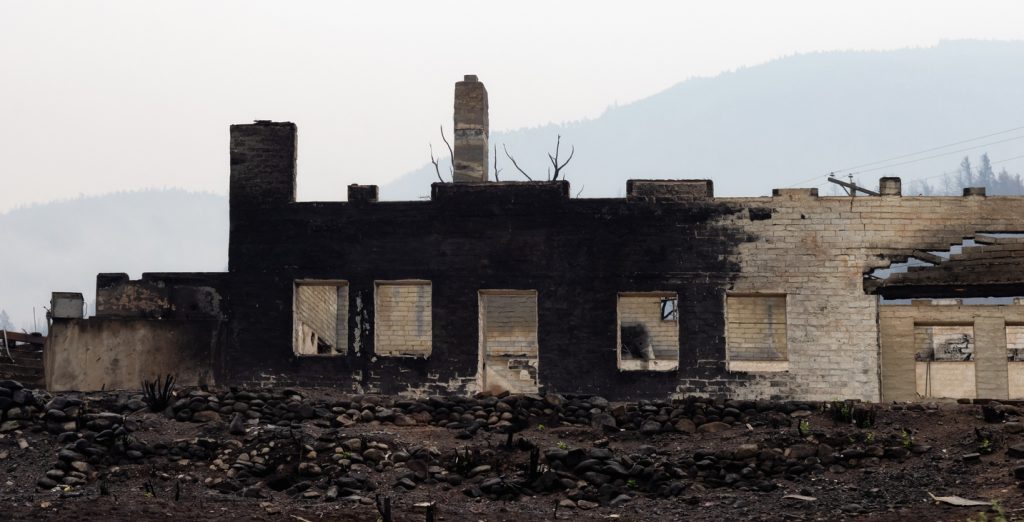
Recent research illustrates the relationship between piping systems, wildfires, and contaminated drinking water. One key finding: plastic piping materials like polyvinyl chloride (PVC), high-density polyethylene (HDPE), and polybutylene (PB) were present in distribution networks affected by contamination.
Northwest US Wildfires Introduce Critical Threat to Water Quality
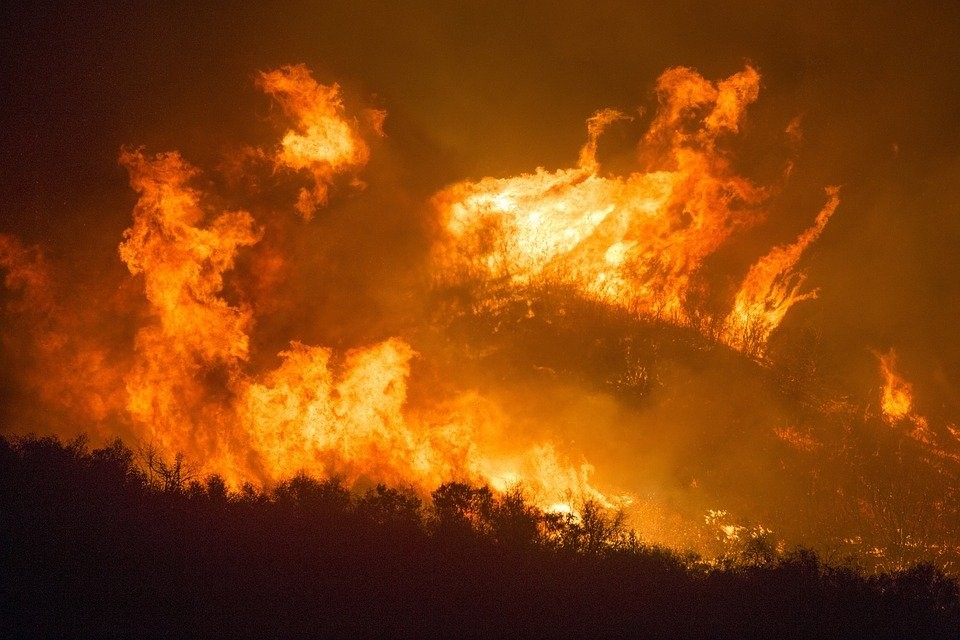
The relationship between piping systems, wildfires, and water quality has largely been silent throughout history. Only in the past decade, have concerns been raised on how certain piping materials contaminate water supplies when melted.
Top Piping Safety Researcher Urges Awareness & Action on Post-Wildfire Water Contamination
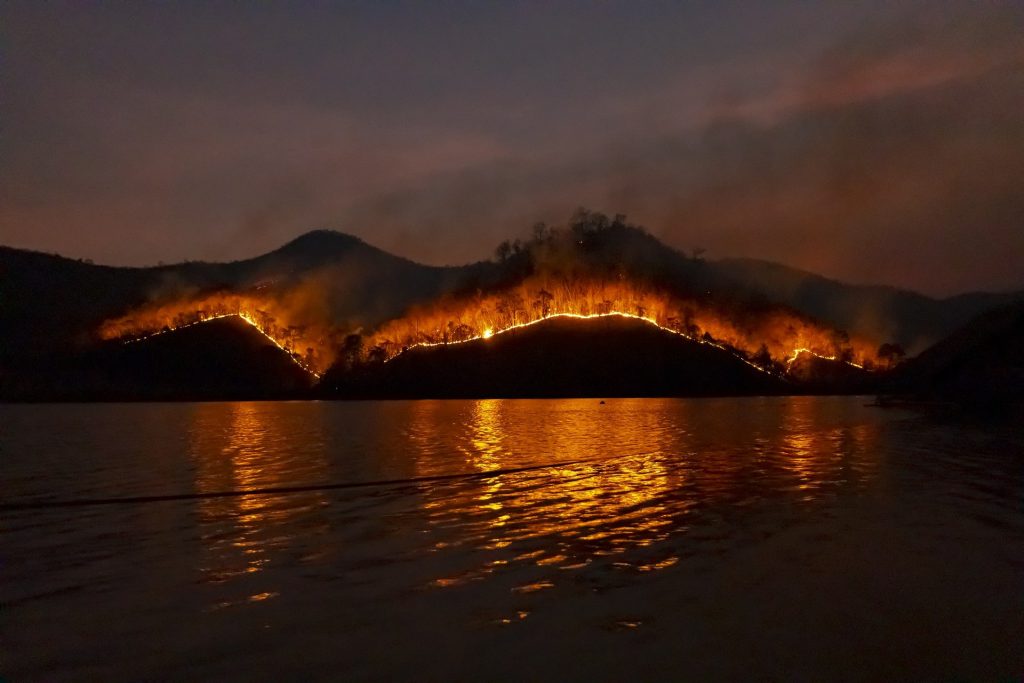
Top Piping Safety Researcher Urges Awareness & Action on Post-Wildfire Water Contamination When wildfires rage through areas with plastic water infrastructure, populations lose access to clean drinking water due to toxic contaminants that leach from the melted pipes. In recent years, wildfires such as the Tubbs Fire (2017) in Santa Rosa and the Camp Fire […]
